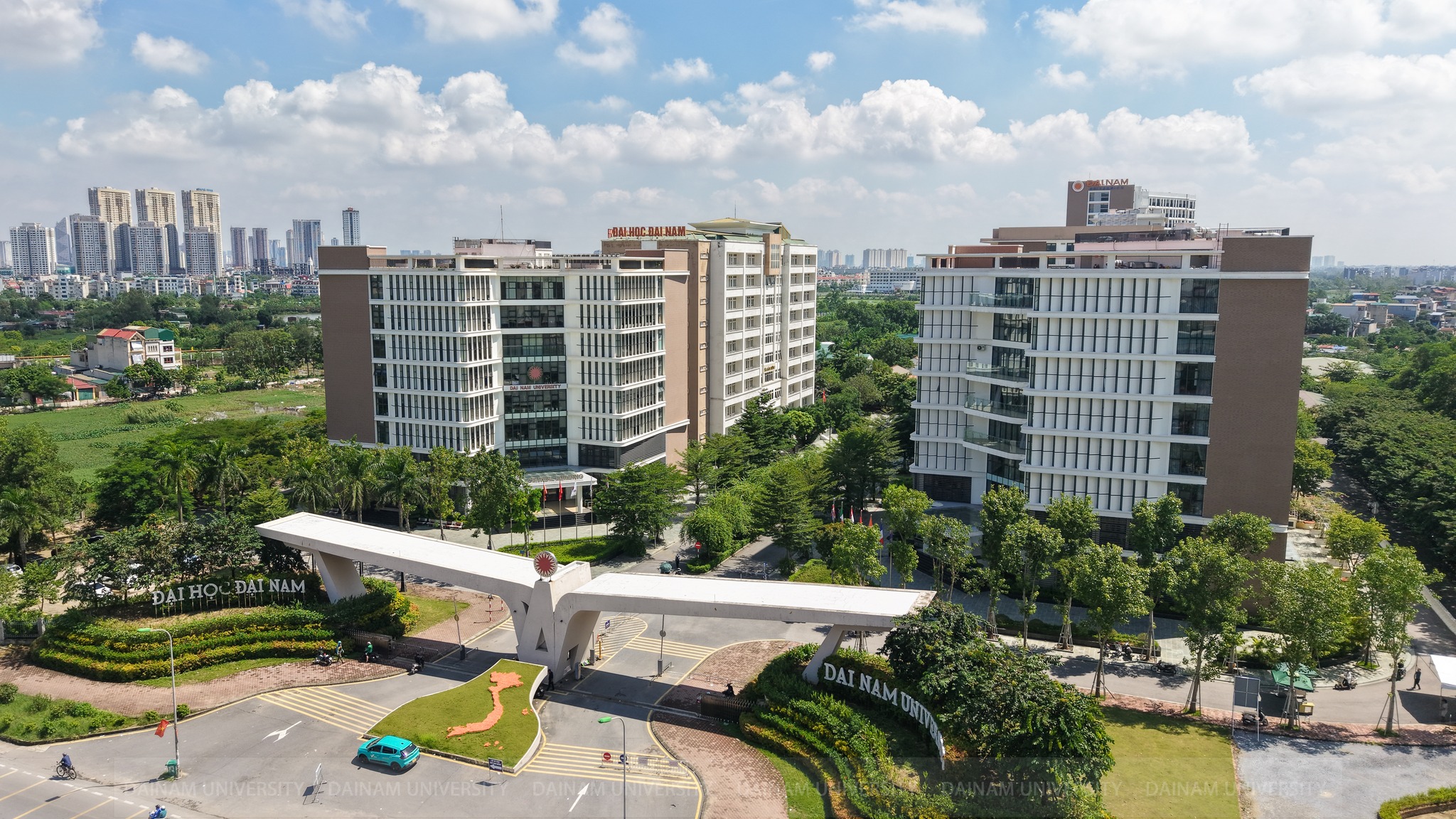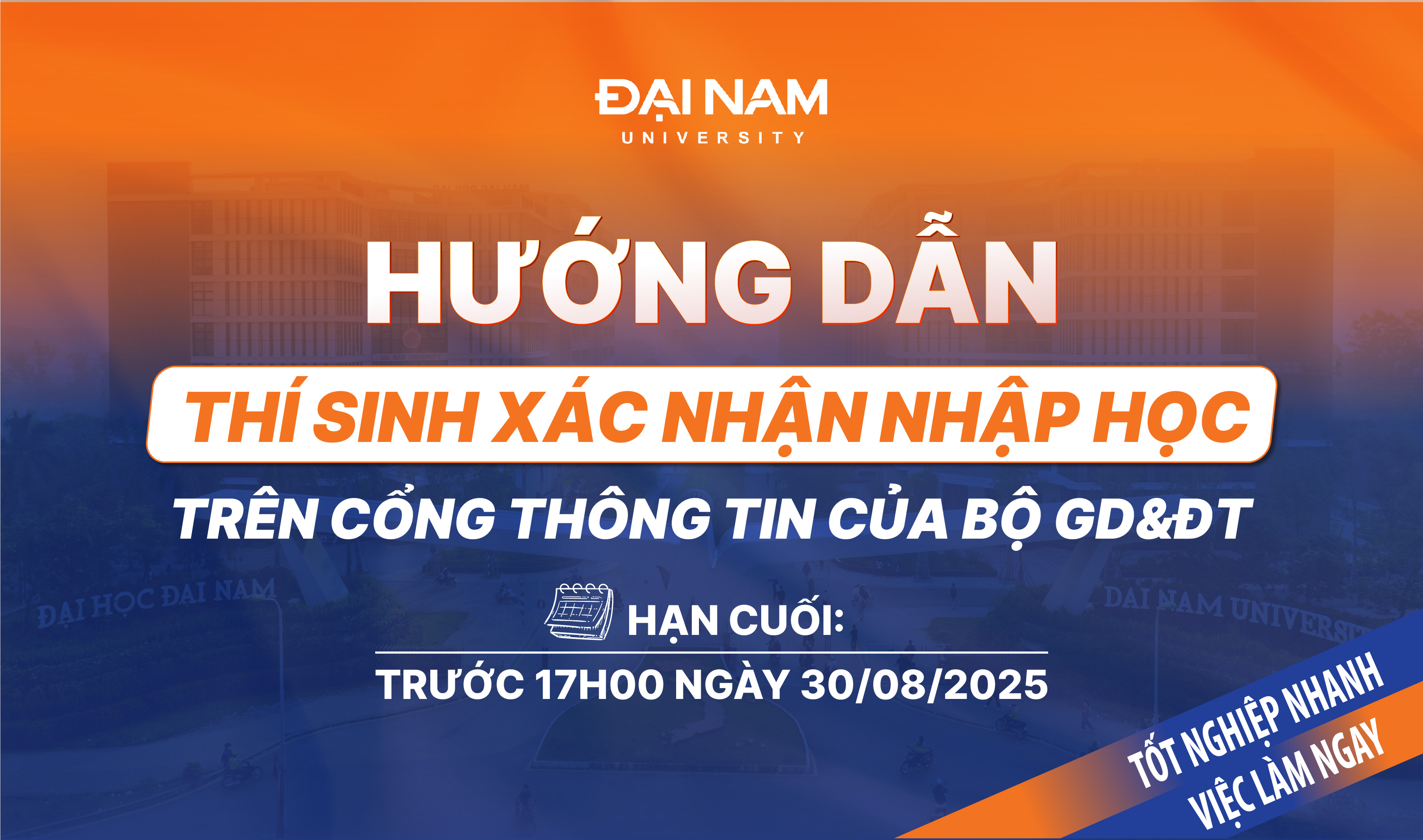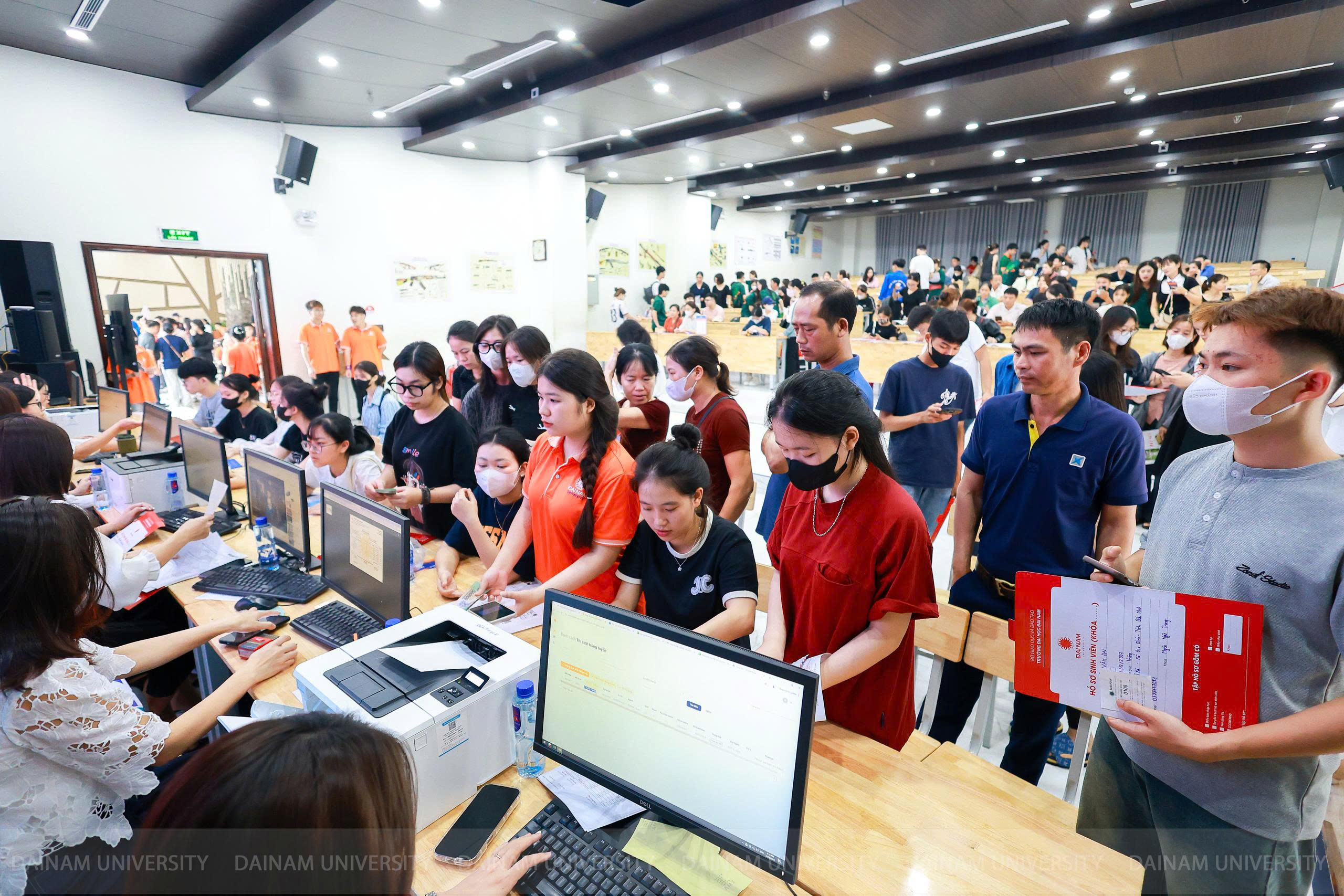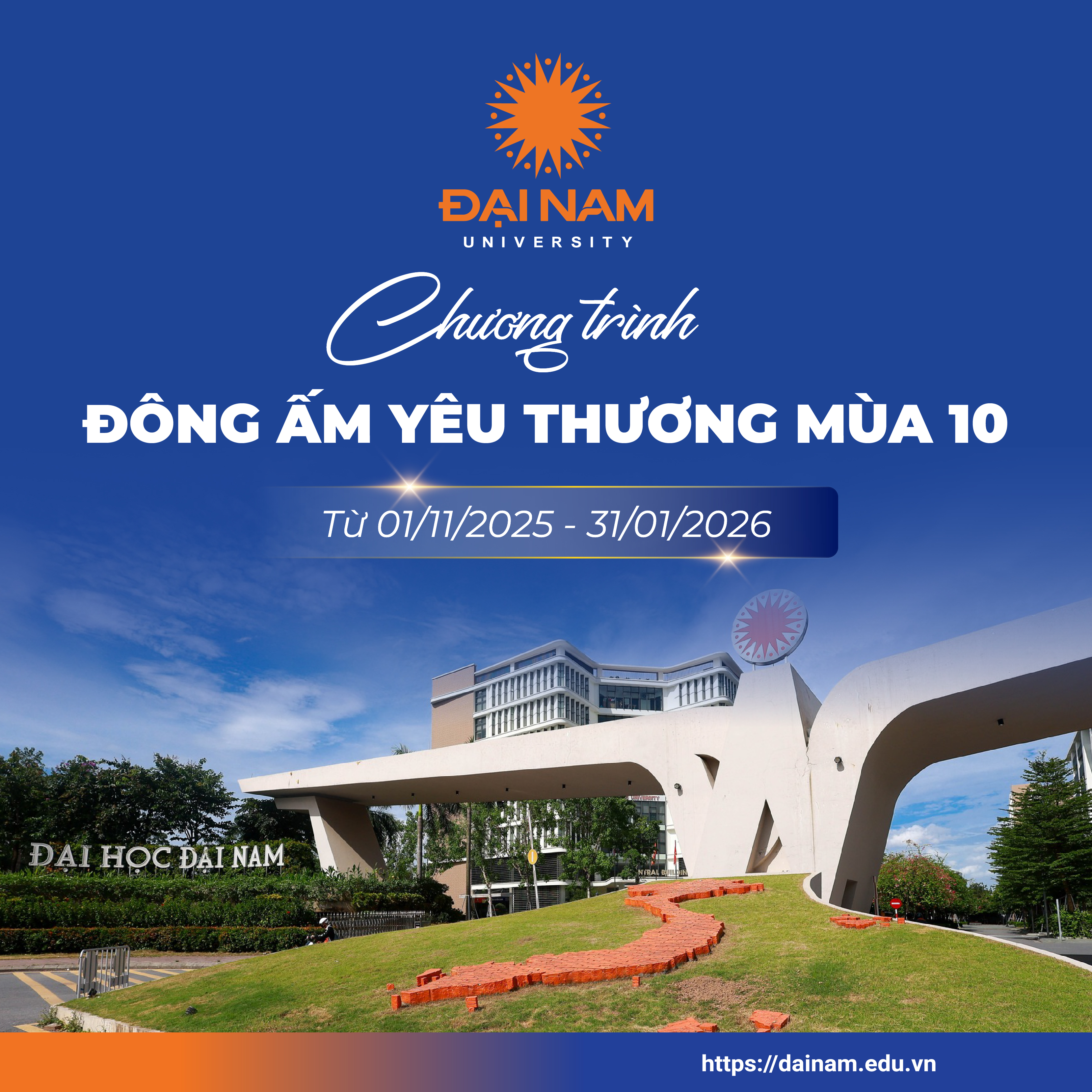Secrets to remembering knowledge for national high school exam in History

General comments on the trend of national high school exam questions in History in 2015
1. Regarding the structure : An annual university entrance exam (including college entrance exam) in History always includes two main parts: Vietnamese History and World History. In which, the Vietnamese History part always accounts for 7 points and the World History part accounts for 3 points. In the exam, there will usually be 3 questions in the Vietnamese History part and 1 question in the World History part.
Before 2014, the exam consisted of two parts: the elective part and the general part. The elective part always fell on the World History section. Since 2014, the exam only consisted of one part, no longer the elective part as before. This is consistent with the changing trend in the way the Ministry of Education and Training makes exams and is consistent with all other subjects. That is, all candidates will only take the same exam.

Secrets to remembering knowledge for national high school exam in History
For each part, the details are as follows:
Vietnamese History Section: Includes all issues of Vietnam from the beginning of the 20th century (specifically the year 19B19 with the second French colonial exploitation program in Indochina until 2000). Including the following stages:
- Phase 1: 1919 – 1930
- Phase 2: 1930 – 1945
- Phase 3: 1945 – 1954
- Phase 4: 1954 – 1975
- Phase 5: From 1975 to 2000.
World History section: includes the following issues (From the period after the end of World War II to 2000):
- Issue 1: Soviet Union, Eastern Europe from 1945 to 1991. Russian Federation (1991 - 2000)
- Issue 2: The formation of a new world order after World War II
- Issue 3: Asian, African, Latin American and Northeast Asian countries (1945 - 2000)
- Issue 4: Southeast Asia and ASEAN
- Issue 5: Africa and Latin America after World War II.
- Issue 6: America, Western Europe and Japan after World War II
- Issue 7: International relations during and after the Cold War.
- Issue 8: Scientific and technological revolution and globalization trend.
2. About difficulty : Previously, in the History exam, the number of questions testing the students' "Remembering" level was quite large. Hard-working and diligent candidates did not have difficulty getting points. Questions of a synthesis and analysis nature rarely appeared or if they did appear, they did not account for a high score. Therefore, the exam was not classified.
Since 2014, the exam has undergone a breakthrough change in both structure and difficulty. Accordingly, the number of questions that only test the candidate's Memory level is quite small (2 points equivalent to 20%). All the remaining questions do not simply test the Memory level (reproducing knowledge) but are all synthesis, application, and even quite practical application (High Application). To answer these questions, candidates must not only grasp the basic knowledge in the general education textbooks but also need to know how to connect and link separate knowledge into a large problem, and even have an understanding of the current situation to solve the problem that the exam requires (For example: The World History question of the 2014 exam requires candidates to diligently follow the current situation to solve the question related to ASEAN).
The questions at the Difficult level are also presented in the form of questions that cover the entire history, thereby testing the candidates' level of historical understanding. The questions also implicitly test the candidates' views on some issues of history and have relatively open content.
The change of the Ministry of Education is also reflected in the way the exam scoring scale is built. Accordingly, with open questions, there will be no fixed answers, no constraints on candidates to a predetermined model, but only criteria for scoring. This is a relatively open condition for candidates, contributing to changing the way of thinking about the way of studying History in general schools as it is today.
For many students, History is a dry and unfashionable subject, but it is a subject that contains the soul of the whole nation.
Trends in national high school exam questions for History subject in 2015
Based on the specific analysis of the trend of History exam questions in recent years, most notably in 2014, it can be seen that the History exam questions will have many changes in the following years. This change is consistent with the spirit of educational innovation in general as well as the development orientation, changing the way of teaching and learning history in general schools today. Accordingly, the innovation will be shown in several main points as follows:
- The exam will only include one common part for all candidates, no more optional parts as before.
- The trend of questions testing the level of Memory (testing the candidate's ability to reproduce knowledge) will decrease significantly and account for a very small percentage of points in the exam.
- The exam will still include two main parts: World History and Vietnamese History, in which the Vietnamese History part will still include 7 points and World History will still be 3 points. However, there will be a shift in the way the questions are set, specifically, Vietnam will not be separated into a separate issue as before, but there will be a tendency to link issues in Vietnam to prominent issues in the region and the world in accordance with the spirit that Vietnam is a part of the world, an element in international relations at the present stage. This is a highlight, a point that clearly shows the innovation in the way the Ministry sets exam questions and returns to the viewpoint that learning must go hand in hand with practice, learning must be closely linked to practice, knowledge must not be far from practice.
- The trend of asking questions based on a single issue will also be a trend. These issues are often consistent throughout the development of history, not necessarily a single issue of a single period, for example: the issue of nation and democracy, the issue of national unity, the issue of forms of front organization, etc. These are questions at a high level of application, requiring candidates to have a solid foundation of knowledge and know how to link together the issues they have learned in a coherent manner.
- Another small idea is that the exam tends to combine past historical issues with current current issues to include in the exam. Although the points for this part are usually not many, they are questions that earn absolute points, which are questions that show the classification in the exam. Candidates who diligently follow current events and have good, coherent thinking will be able to earn points in this part. However, earning absolute points is very difficult and is only for truly excellent candidates.
In general, History is a "hot" subject in general schools today in particular and the media in general. The trend of students loving and enjoying learning History is very rare, even precious and rare. This is partly related to teaching, learning and testing in schools as well as the role of society's orientation. The change of the Ministry in setting annual exam questions is also a first move to impact the way this subject is taught and learned in general schools, thereby changing the perception and attitude of students towards this somewhat "old" and "unfashionable" subject.
Secrets to high scores in History in the 2015 National High School Exam
1. Understanding the event : In History, although we have to remember the historical milestone in terms of year and month, the problem is that candidates for the 2015 National High School Exam must understand the significance of the event, not just present dry, meaningless numbers.
Because candidates will find it difficult to achieve high scores if they only give numbers and figures without analysis or proof. Therefore, candidates preparing for university and college entrance exams should divide each period into periods to study and in each period, they must identify events and understand them, not just memorize them mechanically according to textbooks. That means you must arrange that knowledge into the correct content and requirements to answer the given questions. (Questions can be about historical circumstances, who started the campaign, the content of the document, how it happened, the goals and meanings of the political and social fields, etc.).
Candidates should study in strict order from chapters, lessons, and sections in the textbook. It is not about forgetting what you learn, but rather reviewing systematically to easily connect the issues.
2. Make a rough outline: Candidates should not get bogged down in facts while doing the test but should highlight the generality of the problem. That is, it is necessary to analyze the question, answer what the question asks. Therefore, you should make a rough outline before starting to write to create a coherent order and writing sequence. This will help you not to lose the main idea, not to miss important things or if you do, only lose small details (less points).
Making an outline means focusing on the content, not writing an essay (creating an introduction, body, and conclusion). Once you have drafted the outline, you can easily write the introduction. Just do the essay until the end of the content, and you will come to the conclusion. History does not need to focus too much on the introduction and the essay like Literature, but must focus on the body and the content. The score lies in this part.
Think carefully about the question
A common mistake that candidates make when taking the test is not thinking carefully about the question they have written. The question does not require much writing but it is very long. Writing long does not mean getting high marks, but this way will waste a lot of time doing the test. For example, when asked about the issue of "advantages", you do not need to mention much about the issue of "difficulties". Or when asked about the content of basic national rights in the Geneva Agreement, the Paris Agreement... for example, you only answer specifically about national rights in the agreement and do not present the entire agreement.
This is a common mistake, due to being subjective with the questions, reading roughly, writing according to your own ideas, leading to unnecessary excess or omission in the essay. Although you do not lose points, you have deducted points elsewhere.
3. Answer all questions: Candidates of the 2015 National High School Exam should not do one question well and leave the other questions unanswered. Allocate time for each question and divide it according to the score ratio and avoid spending time on just a few questions. Do the easy questions first, and the difficult ones later.
When reviewing for exams, you should stick to the textbook, not read too many documents and also not memorize because the questions are often logical.
Presentation of knowledge must be clear and coherent.
Tran Trung Hieu - History teacher, Phan Boi Chau High School for the Gifted, Nghe An, gave advice to candidates: "When taking the History exam, candidates should note that, regardless of whether the questions are easy or difficult, the exam requires presenting events, knowledge or comparing, analyzing, commenting, and evaluating a historical issue. When presenting knowledge, it must be clear and coherent between arguments. Do not write many arguments together while presenting.
You have to separate ideas, after finishing a big idea, you should go to a new line instead of presenting the test in bullet points or an outline. When you have finished presenting specific knowledge, you should add a few lines to summarize with phrases like "Thus", "In short"... whose content often summarizes, reaffirms or comments, and evaluates in a concise way the part you have just presented."










